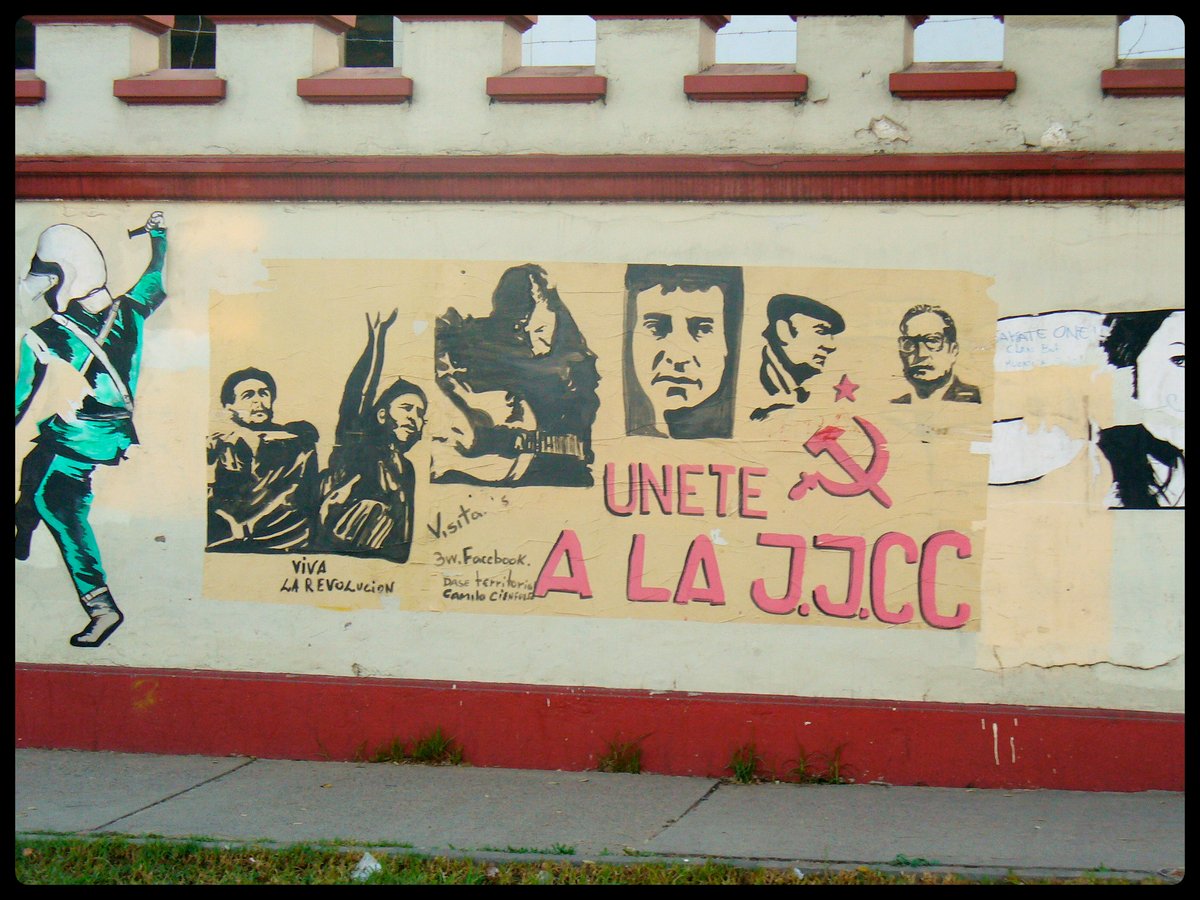The piece of writing attempts to explore the causes and possible effects of political unrest on youth in Pakistan.
How political uncertainty affects the youth? Political instability has become a major problem, especially in developing and underdeveloped countries. It affects countries in all fields, whether economic, cultural or social; creating a kiosk in society. The stability of the political system has direct effects on the process of nation-building and state-building and is a prerequisite for the economic development, social integration and the supremacy of law in a state which has a direct impact on the formation of political parties. The development of a nation and a state without an organized political system is not possible and the government becomes only a tussle amongst various interest groups.
Government uncertainty, inefficiency of political parties, weak political culture, unemployment, corruption, crime, low status of women, child marriage, rape, gender inequality, religious tensions, ethnic tensions and democratic accountability, creates scenarios of political uncertainty. When there is political unrest, people feel discontent and helpless, lose faith in institutions and prefer their own interests to the state, and eventually society leads to split.
Leonard Binder outlined five issues that many states face in trying to maintain the required stability of the political system. These areas are: “Identity crises, legitimacy Crisis, Penetration crisis, Participation crisis and distribution crisis.”
Political Uncertainty & Identity Crisis
Undoubtedly, they all play a significant role in creating the political instability. The identity crisis can be understood in a number of ways in the political process. It ref1ects the general sentiments of nationalism. It implies that the identity crisis is an individual’s sense of the political system. In the process of political socialization, people generally have a deeper sense of national identity. Leadership in Pakistan is still very weak and its structure is still top-down. The leadership in Pakistan is based on heredity/ family patterns. The allure of family leadership is popular amongst the people because of lack of education.
The low literacy rate in people of Pakistan has played a major role in deciding the right choice for them; since their choice is made on the basis of their emotions and charisma of the personality of leaders. The lack of education and decay leadership are the two most important contributing factors to the political instability in Pakistan. Specially in case of the state and society like Pakistan, where various ethnicities and sects are residing and all these different people became one nation on the basis of religious commonness. This leadership fragmentation has given rise to a crisis of identity and legitimacy that has worsened over time and is the root cause of political unrest in Pakistan.
The next factor contributing to Pakistan’s unstable political condition is the weak political organization of Pakistan’s political parties. Political parties in Pakistan are not properly organized due to their internal structure, lack of elections within the party, domination by any family, group or ethnicity over the party and its limitation. The weak organization and performance of political parties paved the way for coalition governments. This affects policy making both internally and externally. The successful implementation of domestic and foreign policies requires strong public support, but the ineffective operation of political parties does not provide the people with a platform. The current political trend in Pakistan is to form alliances between different political parties, which is the reason for the current political unrest.
Formulation and Revision of Policies
The formulation and revision of policies directly affect youth, their educational attainment and employment. Sedentary performances, demonstrations, hooligans and riots caused by political instability affect not only student mobility, but also their concentration and interest in learning, while at the same time the incentives and disincentives in every sphere of work mold the willingness and commitment of youth to work. . But the worst outcome is in the form of extremism and a wave of discrimination involving followers of one party or another.
Globally, the recent financial and economic crisis has led to a spike in creating political unrest. However, before the crisis, the job situation, including youth unemployment, was already a major concern in most of the countries. In Pakistan, for example, youth unemployment is exacerbated by the additional challenges of a very large youth population, a weak domestic labor market and persistently high levels of poverty compared to other regions, resulting in political uncertainty. 60 percent of the region’s population is under the age of 30, over 20 percent are young people between the ages of 17 to 25, where one in four young people is unemployed and experienced violent social riots in which young people played a critical role.
In fact, a persuasive explanation is that countries at high risk of political instability also exhibit a high risk of unemployment, which results in causing psychological effects on unemployed individuals, including depression, social withdrawal, decreased ability to function at work and loss of interest. The results are consistent and have been added to the literature claiming that economic conditions are the most critical determinants triggering political instability in developing countries. This treatise has clear political implications.
How to handle it?
To avoid instability, the emphasis should be on monitoring the economic opportunities for young people, especially on providing employment and education for youth during a recession. Creating viable jobs for young people is a prerequisite for sustainable development and peace in all countries; and especially in countries which have already experienced fierce conflict. It is recommended that controlling youth unemployment contribute to reducing political instability.
Policies aimed at mitigating political instability in our particular context of internal conflict should work to create employment opportunities for young people. However, young people also face poverty, barriers to education, many forms of discrimination, and limited opportunities and employment prospects. This challenges the representativeness of the political system and leads to the disenfranchisement of young people and causes political instability in states and societies like Pakistan.
Governments should get this under control by creating new ways to engage people – especially young citizens – to participate in politics using social media, a major strength of this approach is the presentation of important topics in an accessible, interactive, and engaging manner that successfully bridges the gap. The protection of media freedoms, the development of new forms of communication, facilitating the dissemination of information, increasing the youth’s understanding of democratic principles and making them aware of the reality of their countries, neighborhoods, and political systems.
Causes of Political Instability
The general trend of youth unemployment and political instability shows that political instability is mainly caused by unemployed youth. Pakistan is particularly now in need of a strong youth employment policy, not only for the benefit of the youth, but also to help the government ease the burden of managing the ongoing internal turmoil. Furthermore, developing countries would do better to have common employment creation policies for young people so that they can manage the internal conflicts that arise here and there. Youth can be a creative force, a dynamic source of innovation, and certainly throughout history, they have participated in, contributed to and even promoted important changes in the political system, dynamics of common power and economic opportunity.
Today’s world is a global one, where every field is determined by fierce competition: state art, diplomatic conduct, effective policy making and a strong economy are the most important challenges facing each country. Political instability in any state leads to chaos and disorder among units. Pakistan has suffered enormous losses in the form of being separated from the eastern wing due to political instability and is still suffering from constant conflict between units. The instability poses challenges in the areas of national security, social cohesion, national economy, dealing with the war on terror, policy making, political integration and the world economy.
More from FactFile: Special logo titled ‘Azm Aali Shan’ releases in connection with 75th anniversary of Pakistan
It is recommended that states pay attention to young people, not only for the benefit of young people, but also to help reduce the burden of government on managing ongoing internal turmoil. Pakistan, a country with rich resources, fertile lands, smart people, strategically important location and a nation as nuclear power, is a case of serious political instability, weak and ineffective external and internal governance, political stance; of the halting of policies, of a cohesive society, a dark image on the world stage whose future is in doubt. It is also worth noting here that in addition to education, the developed state, through its sincere leadership, provides its citizens with all the basic needs that are lacking in under-developed societies.























